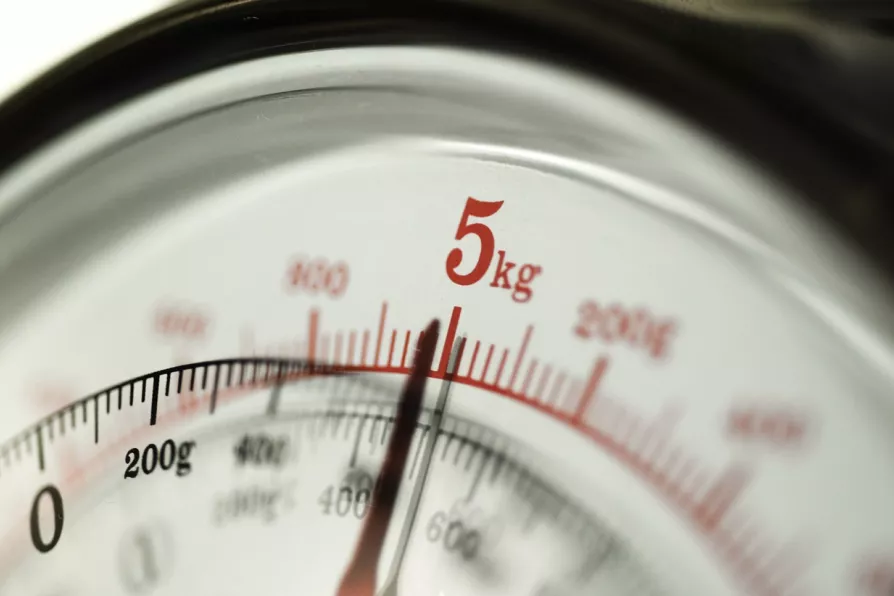John Wojcik pays tribute to a black US activist who spent six decades at the forefront of struggles for voting rights, economic justice and peace – reshaping US politics and inspiring movements worldwide
Defining the kilogram: a massive question
The International Prototpe of a Kilogram is getting old and fat, 130 years and 50 micrograms overweight to be precise. But how to replace it? SCIENCE AND SOCIETY explain


HOW much is one kilogram? The answer, it turns out, is “about one kilogram…but not quite.” In just a few months, the definition of 1kg will be fundamentally changed, thanks to an international conference of scientists in Paris last November.
The International Prototype of a Kilogram
Defining 1kg might seem like an abstract philosophical question, but it’s also a practical one. When Marx wrote Das Kapital, he explained “A sugar-loaf being a body, is heavy, and therefore has weight: but we can neither see nor touch this weight” (Chapter 1). To weigh anything requires a system of standards for measurement.
Similar stories

Peter Mitchell's photography reveals a poetic relationship with Leeds

Ben Cowles speaks with IAN ‘TREE’ ROBINSON and ANDY DAVIES, two of the string pullers behind the Manchester Punk Festival, ahead of its 10th year show later this month

JOHN GREEN surveys the remarkable career of screenwriter Malcolm Hulke and the essential part played by his membership of the Communist Party

ANDY HEDGECOCK relishes two exhibitions that blur the boundaries between art and community engagement









